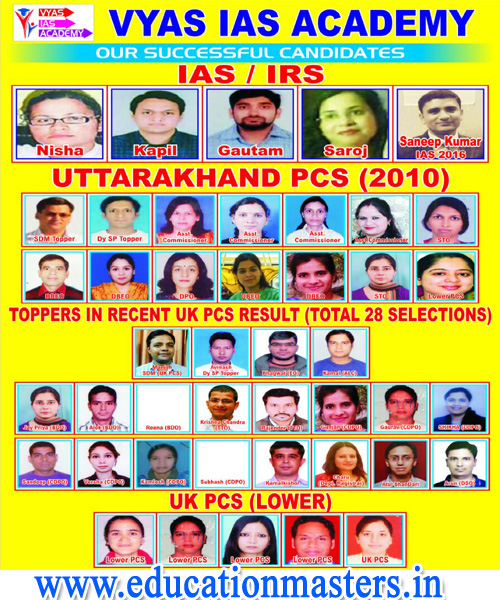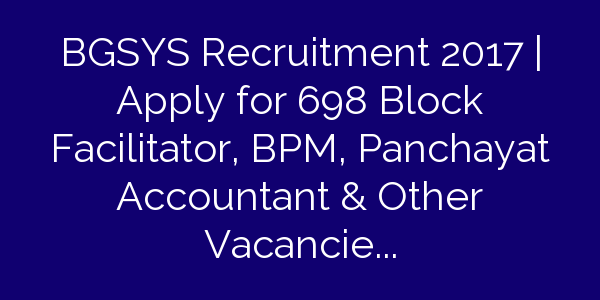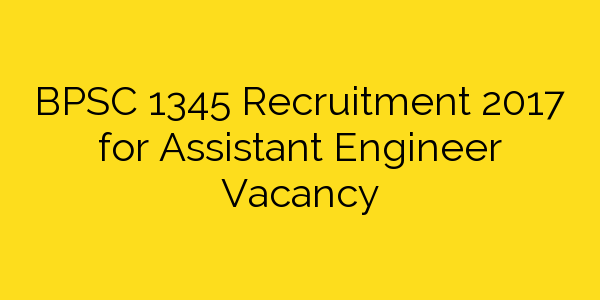Madras High Court Allows Meritorious Candidate to Join MBBS Course After Fee-Payment Delay
By Deepak Kumar | Article | Nov 15, 2025
.png)
The Madras High Court MBBS Fee Payment Case has drawn wide attention after the court allowed a deserving NEET candidate to join her MBBS course despite missing the fee-payment deadline due to genuine financial hardship and banking limitations. This case has highlighted how procedural rigidity can sometimes unfairly harm meritorious students who come from economically weaker backgrounds.
Background of the Madras High Court MBBS Fee Payment Case
The petitioner, Shilpa Suresh, secured an MBBS seat during the third round of Tamil Nadu NEET-UG counselling on 3 November 2025. Under normal rules, she was required to report and pay the course fee by 8 November 2025.
However, the Madras High Court MBBS Fee Payment Case centers on the fact that she could not complete the payment on time because 8 November was a second-Saturday bank holiday. The college and counselling portal accepted payments only through specific banking channels, which were unavailable during the holiday, preventing her from making the transfer even after arranging the funds.
Financial Hardship Highlighted in the Madras High Court MBBS Fee Payment Case
One major factor that influenced the court was the petitioner’s severe financial struggle. According to reports, her mother had to pledge gold jewellery to arrange the ₹15 lakh fee, while her father worked abroad as a painter under modest wages.
The Madras High Court MBBS Fee Payment Case demonstrates how the family had collected the money only on the final day, but technical banking restrictions during the holiday prevented timely payment. This proved that the delay was not intentional or negligent.
Court’s Reasoning in the Madras High Court MBBS Fee Payment Case
Justice N. Anand Venkatesh noted that the candidate scored a respectable 251 in NEET-UG and had earned the seat on merit. The court observed that strict adherence to procedure would unjustly deprive a deserving candidate of her opportunity.
In the Madras High Court MBBS Fee Payment Case, the judge stated that extraordinary circumstances require extraordinary remedies, and the court must step in to prevent injustice — especially when the delay is beyond the student’s control. The judge also clarified that this ruling should not be treated as a broad precedent for all cases involving missed deadlines.
Respondents’ Position in the Madras High Court MBBS Fee Payment Case
The Selection Committee argued that deadlines ensure fairness for all candidates, and reopening the window for one student might compromise the counselling structure. However, the court noted that in the Madras High Court MBBS Fee Payment Case, the medical college itself did not object to admitting the petitioner, especially since she was more meritorious than other candidates likely to take the seat through stray-vacancy rounds.
Final Judgment of the Madras High Court MBBS Fee Payment Case
The High Court directed the Selection Committee and Madha Medical College to admit the petitioner to the MBBS programme without further delay.
The ruling in the Madras High Court MBBS Fee Payment Case emphasized that justice cannot be limited by rigid administrative schedules when genuine hardship and merit coexist. The court asserted that deserving students should not lose their future due to banking holidays or system limitations.
Impact of the Madras High Court MBBS Fee Payment Case on NEET Counselling Rules
The Madras High Court MBBS Fee Payment Case could influence how counselling authorities handle fee-payment deadlines in the future. While the court warned that its decision should not become a universal precedent, the case highlights the need for:
-
More flexible payment options
-
Backup payment methods on holidays
-
Greater responsiveness from counselling authorities
-
Inclusion of alternative digital payment channels
This case may encourage authorities to revise technical systems to ensure students are not disadvantaged during crucial deadlines.
Why the Madras High Court MBBS Fee Payment Case Matters
The Madras High Court MBBS Fee Payment Case is a powerful example of how the judiciary can intervene to protect the rights of meritorious students facing genuine hardship. It reaffirms that procedural rules exist to support fairness — not to punish the disadvantaged.
The decision also shines a spotlight on the need for improved administrative processes during NEET counselling, especially for students who come from rural or economically weaker sections where banking accessibility is limited.
Conclusion
In conclusion, the Madras High Court MBBS Fee Payment Case serves as an important reminder that justice must prioritize fairness, merit, and human dignity. The court’s decision ensured that one more deserving student did not lose her dream medical career due to financial obstacles and technical barriers. This ruling may encourage future reforms in NEET counselling procedures and inspire similar interventions in cases involving genuine hardship.
FAQs for Madras High Court MBBS Fee Payment Case
1. What is the Madras High Court MBBS Fee Payment Case about?
The case involves a NEET candidate, Shilpa Suresh, who missed the MBBS fee-payment deadline due to a bank holiday and financial limitations. The Madras High Court allowed her to join the course, citing genuine hardship and merit.
2. Why did the candidate miss the fee payment deadline?
She arranged the ₹15 lakh fee on the last day, but since 8 November was a second-Saturday bank holiday, the required banking channel was unavailable, preventing her from completing the payment on time.
3. What were the main arguments of the petitioner?
The petitioner argued that the delay was not intentional, but caused by unavoidable banking restrictions and financial hardship. Her family struggled to arrange the amount, including pledging gold jewellery.
4. What reasoning did the Madras High Court provide in its judgment?
The court stated that strict rules cannot override fairness, especially when the delay occurs due to circumstances beyond the student’s control. It emphasized that extraordinary situations require extraordinary remedies.
5. Did the Selection Committee oppose the admission?
Yes, the Selection Committee said deadlines must be followed to ensure fairness. However, the court noted that the medical college itself had no objection to admitting the student.
6. Does this judgment set a precedent for future cases?
The court clarified that this ruling should not be treated as a general precedent. It applies only to cases involving genuine hardship and exceptional circumstances.
7. How does this case impact future NEET counselling rules?
The case may encourage authorities to introduce flexible payment options, alternative digital channels, and better systems to avoid disadvantaging students due to banking holidays.
8. What did the court ultimately order?
The Madras High Court directed the Selection Committee and Madha Medical College to admit the petitioner without delay to the MBBS programme.
9. Why is this case important for students?
It highlights that deserving, financially struggling students should not lose opportunities due to procedural rigidity. The judgment sets an example of prioritizing fairness and merit.
10. Could similar cases receive the same relief?
Only if the delay is caused by genuine, unavoidable circumstances and the student has strong merit. Each case will be judged individually.
सरकारी नौकरियों, जीके अपडेट्स और करेंट अफेयर्स की ताज़ा जानकारी सबसे पहले पाने के लिए:
-
हमारे WhatsApp चैनल को फॉलो करें:
https://whatsapp.com/channel/0029Vb6sjZz0wajwDXcd5B0U -
हमारे Telegram चैनल को फॉलो करें:
https://t.me/educationmastersin -
हमारे Facebook Page को फॉलो करें:
https://www.facebook.com/educationmastersindia





.png)
.jpg)
.jpg)



